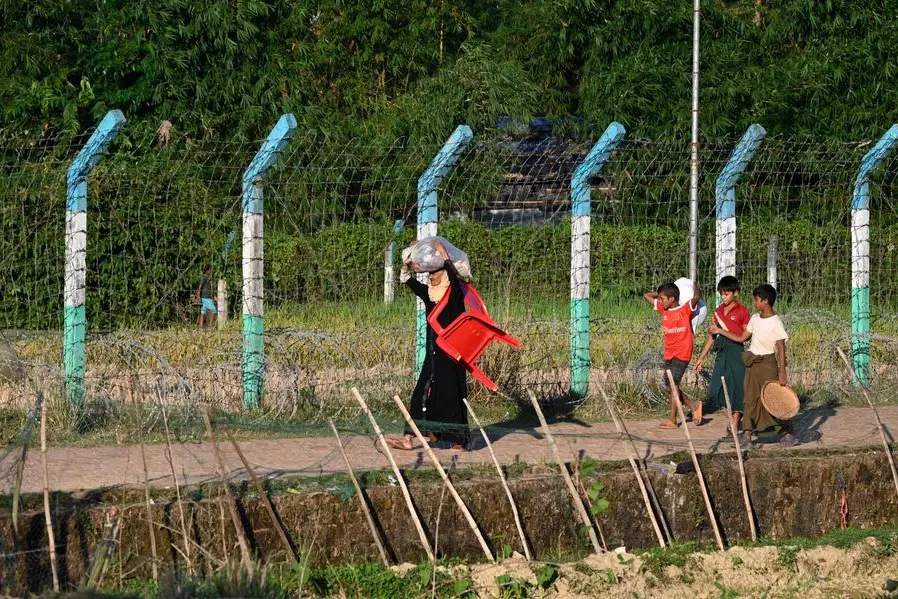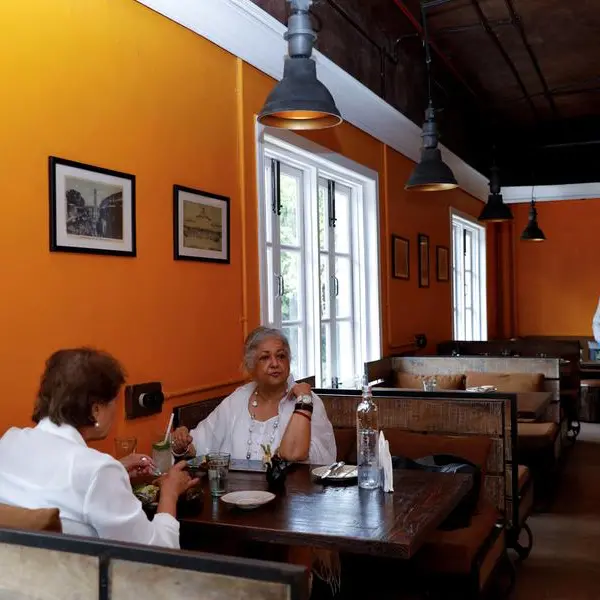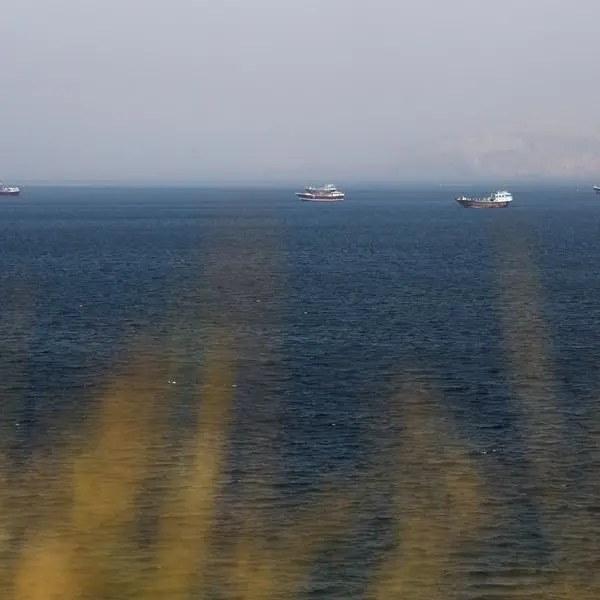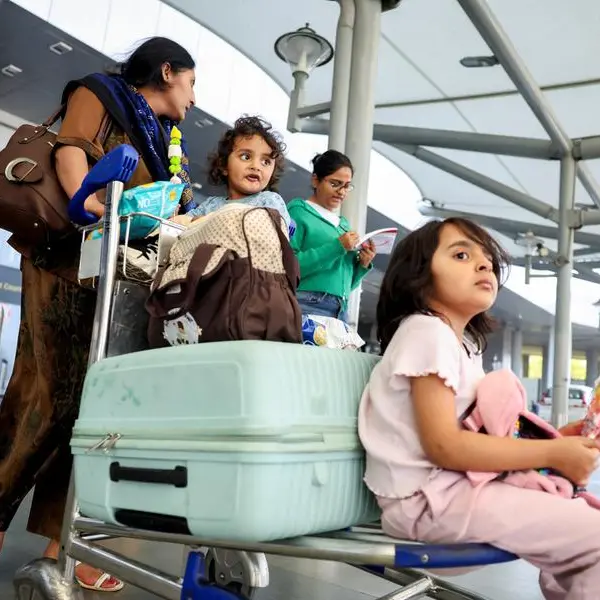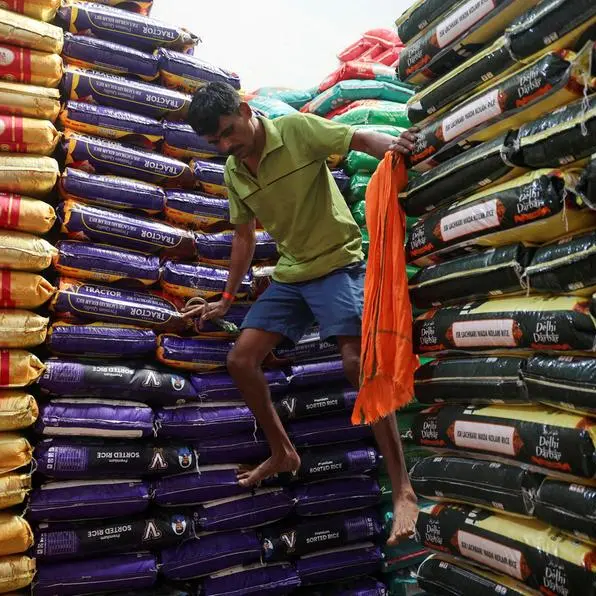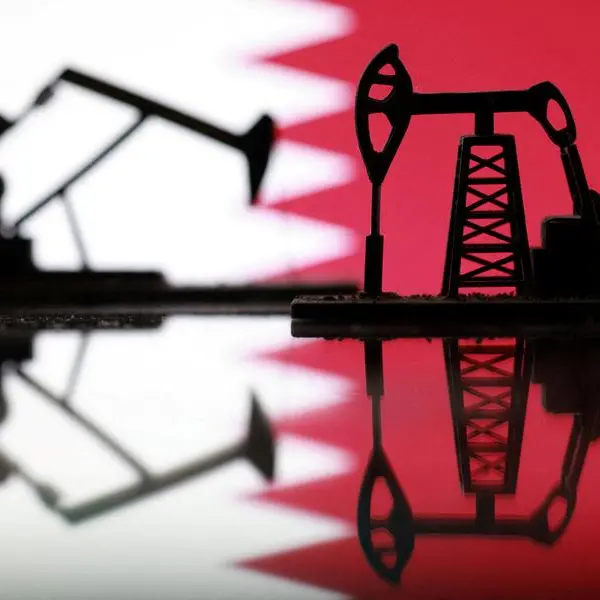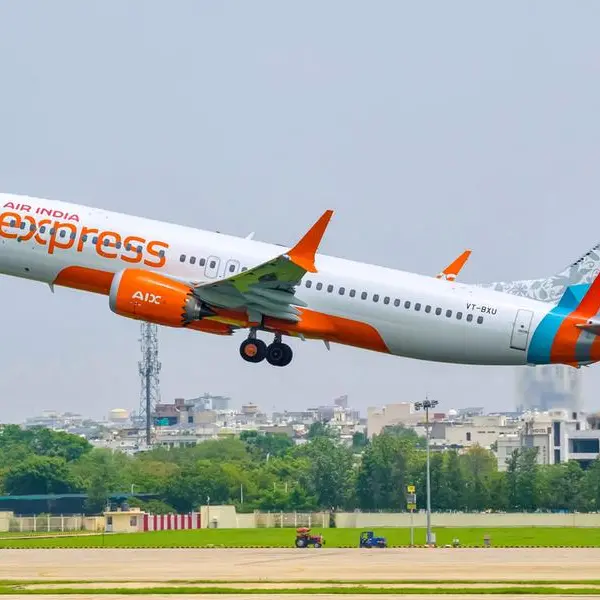PHOTO
At least three boats carrying hundreds of Rohingya refugees set sail from Bangladesh this week, refugees said Friday, the latest in a wave of migrations that has seen more than 1,000 asylum seekers arrive on Indonesian shores.
Bangladesh is home to around one million Rohingya refugees, most of whom fled a violent 2017 crackdown by the Myanmar military that is now subject to a United Nations genocide probe.
Conditions for Rohingya refugees in the overcrowded, dangerous and under-resourced relief camps in Bangladesh are tough.
Mohammad Ullah, 26, a registered Rohingya refugee in the Nayapara camp in Cox's Bazar, said his former mother-in-law -- who had been looking after his four-year-old daughter after his wife died -- had taken the child with her on a boat to Indonesia on Tuesday night.
"She took my daughter saying that she was taking her to the beach -- and then did not return her," the distraught Mohammad Ullah told AFP.
"When I went to ask where she was, I found out she took my daughter with her family to take on a boat towards Indonesia."
He said Rohingya people saw Indonesia as a safe place, because they "easily resettle the refugees".
The mostly Muslim Rohingya are still persecuted in Myanmar, and thousands risk their lives each year on long and expensive sea journeys, often in flimsy boats, to try to reach Malaysia or Indonesia.
Chris Lewa, director of Rohingya rights organisation the Arakan Project, said they had confirmed two boats left this week, on the night of the 20 and 21 November, departures confirmed by Rohingya refugees in Bangladesh.
One boat was carrying around 200 people, and the second had up to 150 people, she said.
Rohingya refugees said Friday a third boat with around 200 people had set sail on Thursday night.
Skilled smugglers
Another Rohingya man in Bangladesh, speaking on condition of anonymity, said the route was run by organised smugglers skilled in being able to dodge naval patrols.
"Brokers take the Rohingya refugees in small boats going between the maritime boundaries of Bangladesh and Myanmar," he said.
"Then they take the refugees to larger vessels far out to the sea".
This month has seen a spike in journeys to Indonesia's westernmost province of Aceh -- a journey of about 1,800 kilometres (1,120 miles) -- with more than 1,000 arrivals in the biggest such wave since the 2017 crackdown in Myanmar.
Lewa, from the Arakan Project, said the boats were expected to reach Indonesia late next week.
"They left from Bangladesh. They are always arriving in Indonesia because Malaysia is not going to let them in," Lewa, who is based in Thailand but has a team in Bangladesh, told AFP. "So the best way is to land in Indonesia."
In Myanmar, those Rohingya who remain are facing new challenges to their movement.
The UN said last week that renewed fighting between Myanmar's military and an armed group belonging to an ethnic minority in Rakhine state -- where many Rohingya are from -- has displaced thousands and restricted movement.
"No Rakhine boat is going to leave right now," said Lewa.
More than 2,000 Rohingya are believed to have attempted the risky journey to other Southeast Asian countries in 2022, according to the UN refugee agency.
Nearly 200 Rohingya died or went missing last year while attempting hazardous sea crossings, the agency has estimated.
